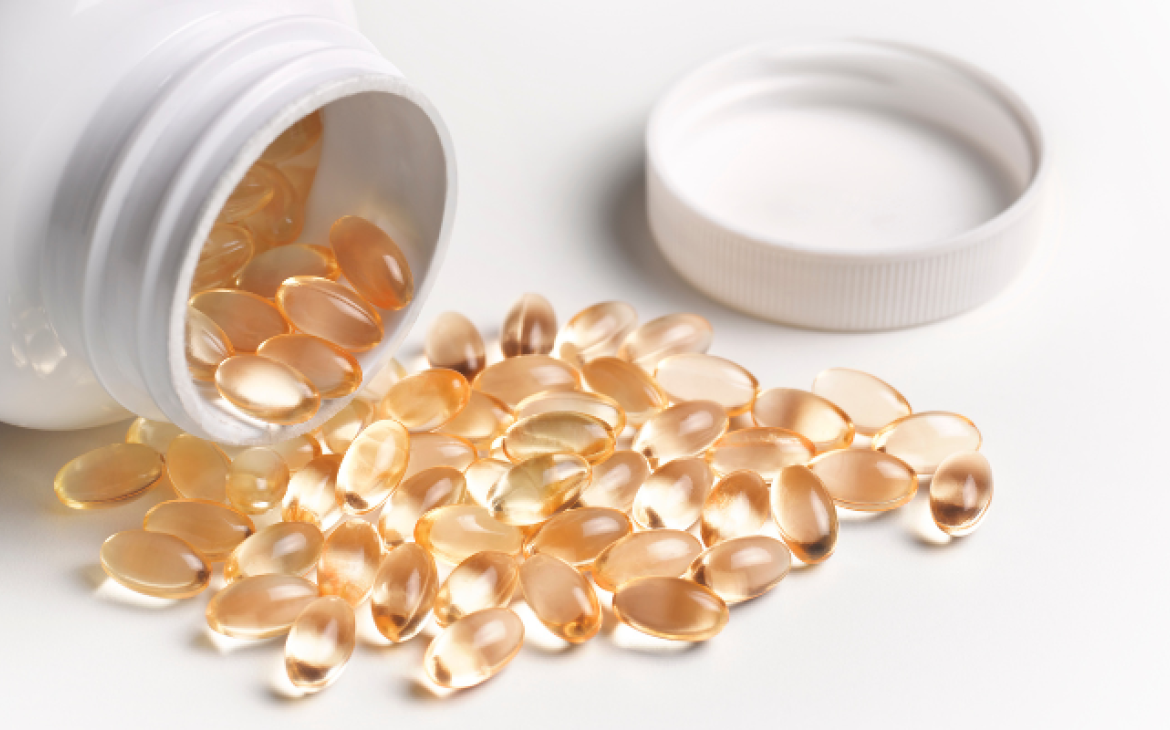
Before I came to work at U.S. Pharmacopeia, for almost a decade, I worked as a community pharmacist in a retail pharmacy. The most satisfying part of the job for me was counseling consumers and the difference it made on their health.
Important to Consider All Medications
Today, the average person takes multiple medications; and managing them can be difficult. Patients of health care professionals frequently ask questions about prescription medications, but I am especially encouraged by consumers who ask questions about over-the-counter (OTC) medications and dietary supplements.
Some of the most frequently asked questions were “is this right for me”; “will it interact with my other medications”; “which product should I use.” These questions are important for prescription and OTC medications, but they are especially important when choosing a dietary supplement.
Consult a Doctor or Pharmacist Before Taking Over the Counter Products
Consumers often use OTC medications and dietary supplements without consulting a health care professional. Many OTC medications have labels that warn of potential drug interactions or other side effects. That is why it is especially helpful to consult a pharmacist when choosing a dietary supplement or OTC medication.
Not only is the pharmacist a specialist in medications, their interactions and effects on the body; pharmacists also have access to databases that can check for potential interactions between your prescription medications and any other OTC medications you take. Therefore, informing your pharmacist about the use of these products will help in identifying known interactions with other drugs and contraindications in terms of dose, or health conditions (heart disease, age), etc. But when it comes to dietary supplements, there is still a lot of information that is unknown.
Look for USP Verified Supplements
Dietary supplements are regulated differently than medicines. Dietary supplement manufacturers are not required to test for safety or efficacy or receive regulatory approval (unless it is a new dietary ingredient) before marketing their products. Interactions between dietary supplements and certain medications are not well understood. Also, although dietary supplements manufacturers are required to adhere to good manufacturing practices, it can be difficult to distinguish good from bad actors in the market. A pharmacist may be able to help.
A pharmacist can also help you select a quality product that is right for you. Most of the consumers that I counseled took multi-vitamin tablets or capsules for nutrition deficiency or to supplement diet. I usually recommended a USP Verified dietary supplement product. USP Verified dietary supplements meet quality standards that are more stringent than current regulatory requirements and are tested to assure quality, identity and potency.
Quality is Especially Important when Choosing Supplements for Children
Potency is especially important when choosing a supplement or medication for a child. Many dietary supplements have widely varying levels of the active ingredients. For example, in 2013 researchers from Kaiser Permanente studied vitamin D products commonly sold in stores. They found that the dosage of vitamin D in the bottles varied greatly from the amounts listed on the label – anywhere from 10% of what was listed to 150%. This was especially concerning, because high intakes of vitamin D can be dangerous. Just two pills with the higher percentage active ingredients can drastically exceed the maximum safe intake for an adult, much less a child. The same study showed that USP Verified products were the most consistent with the amount stated on the label.
Supplements for Weight Loss, Athletic Performance and Erecticle Dysfunction are Often Adulterated with Drugs
Although most dietary supplements are fine and can support good health, recent studies have also shown that some dietary supplements, especially those for weight loss, athletic performance and erectile dysfunction are intentionally adulterated with actual drugs. Many times, the drugs used to “spike” the dietary supplements are not approved by the FDA, and even if they were they are not supposed to be included in dietary supplements. These adulterated products are dangerous.
Because many consumers believe dietary supplement products are “natural” – they don’t think to associate adverse events (liver damage, etc.) with the supplement. And because consumers seldom tell their doctors that they are taking dietary supplements – the doctor does not know to look for possible interactions or to attribute adverse events to the supplement.
It is important to closely monitor your health when taking dietary supplement products and to report any unusual symptoms to your doctor or pharmacist. And it is especially important for you to consult your doctor or pharmacist when choosing OTC medications and dietary supplements. Remember to ask your doctor or pharmacist if a dietary supplement is right for you.
More information about where to buy USP Verified Supplements is available on the USP website.
Dr. Nandakumara (Nandu) Sarma is the Director for the Dietary Supplements program at US Pharmacopeia (USP) responsible for the development of quality standards (monographs and general chapters) for dietary supplements, including admission evaluations, performance standards, and the publication of the USP Dietary Supplements Compendium (http://www.usp.org/dietary-supplements/overview). Before joining USP 2006, he was a post-doctoral fellow at National Cancer Institute, Bethesda, and Thomas Jefferson University, Philadelphia and was a Senior Scientific Officer at The Himalaya Drug Company, India. His research experience in the field of dietary supplements includes isolation and analysis of active components of plant materials and their biologic activity. He published more than 25 scientific articles in peer-reviewed journals. Dr. Sarma holds a Pharmacist degree and a Ph.D. in pharmaceutical sciences (pharmacognosy) from Banaras Hindu University, India.


